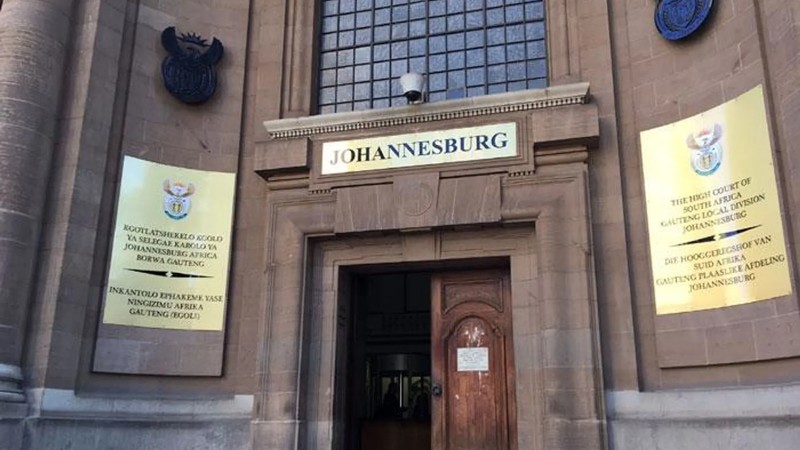Magistrates' salaries fall below those of MPs and mayors, says ARMSA
Salaries of magistrates’ court presiding officers are so low that they are below those of members of parliament, amakhosi, and mayors, the Association of Regional Magistrates of Southern Africa (ARMSA) said.
ARMSA approached the The Gauteng High Court, Johannesburg division to force President Cyril Ramaphosa to implement the recommendations of the Independent Remuneration Commission (IRC) that magistrates be paid according to their “Worship” status and the exhausting workload.
ARMSA also wanted the court to compel the president to fill the vacant positions in the IRC, which could not convene as it did not have a quorum since November last year.
However the matter was moved from the court roll as Ramaphosa filed his responding papers only on Monday in response to ARMSA’s application which was filed on July 17.
ARMSA president, Magistrate Ian Cox speaking outside court said they had given Ramaphosa’s legal team the opportunity and the extension of time to file responding papers.
The association took exception to Ramaphosa “according to his affidavit, referring the matter (of salary adjustment) back to the IRC without informing us as litigators”, said Cox.
“According to his affidavit, on August 9, he appointed the commissioners without informing us, knowing that we have a court date and knowing that they have not filed the opposing affidavit,” he said.
Cox said the president’s action cost ARMSA a lot of money “because high court litigation does not come cheap”.
“The relief we sought was now no longer there because he decided on the major review, even though we don’t like what he did.
“Since he also appointed commissioners, there was nothing to litigate about; then the matter was removed from the roll,” he said.
When contacted, Ramaphosa’s spokesperson said: “The President will respond accordingly through the court process.”
Cox said Ramaphosa asked the IRC to make new input and send him feedback before September 30.
He said the association would take the matter back to court if Ramaphosa continues to delay making decisions after having received feedback from the IRC.
Cox said ARMSA was demanding that their salaries be increased by 30%.
“People would say 30% is crazy, but they don’t realise that for the past 15 years, we have had increases lower than civil servants, and we have had increases below inflation.
“In some years, we received zero percent increases,” said Cox.
Cox said magistrates were paid a net salary of between R50,000 to R55,000 while district magistrates get around R45,000.
‘For what we do, it is not nice because we are worth more than that,” he said.
He said magistrates do not get benefits like other public office bearers.
“We don’t get cars and fuel. The judges, for example, have salaries for life after they retire, but we must pay for our pension every month, even though we don’t earn as much,” he said.
Cox, who works at the Benoni Magistrate’s Court, described the magistrates’ workload as crazy.
He said he knew that all his colleagues had similar issues.
He said in his courtroom, like in some courts, he handles both civil and criminal cases.
“You start your day, for example, with civil matters, and then you do criminal matters for the rest of the day.
“In some days you do just civil, and in other days you do criminal,” he said.
Cox said the magistrates were forced to do research and prepare judgments after hours and on the weekends.
“We work daily, you work the whole time on Saturdays, Sundays and every day of the week.”
He said magistrates in the regional courts, whose work is similar to the judges at the high court, deal with murders and robberies while district courts deal with less serious crimes, such as family violence, assault matters, common thefts and traffic offences.

